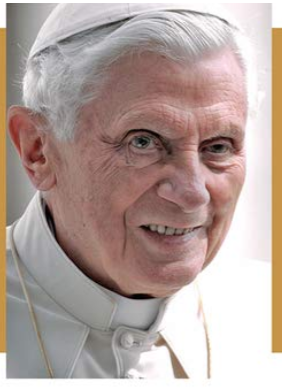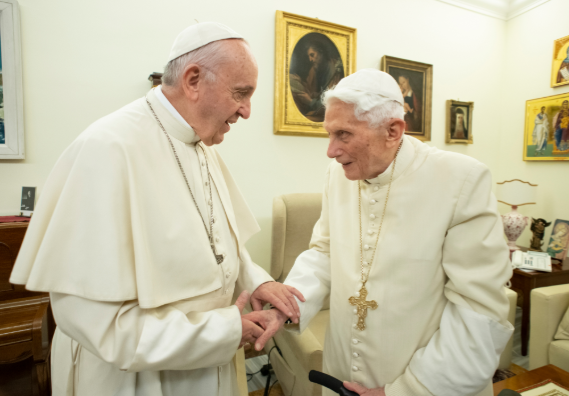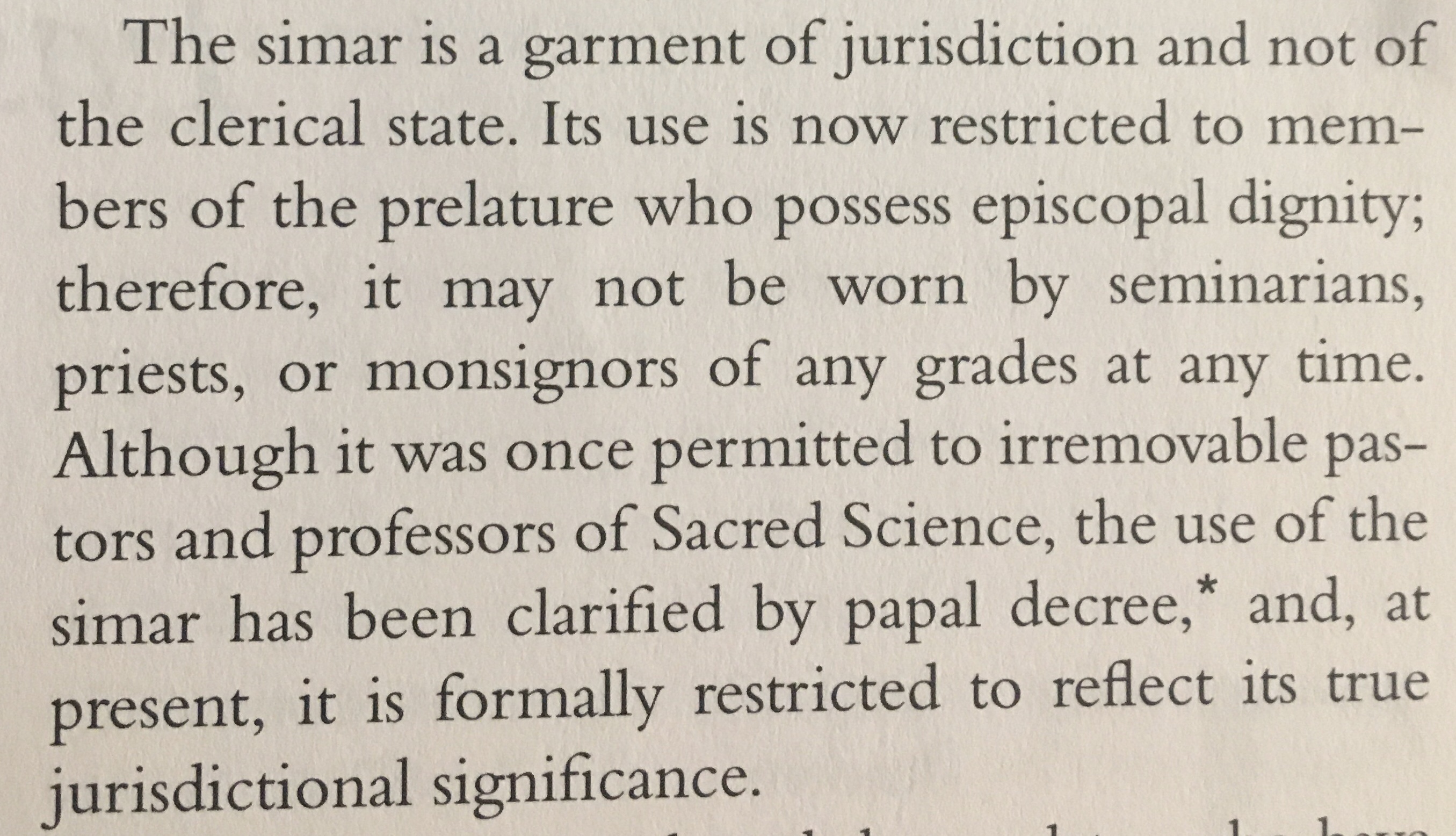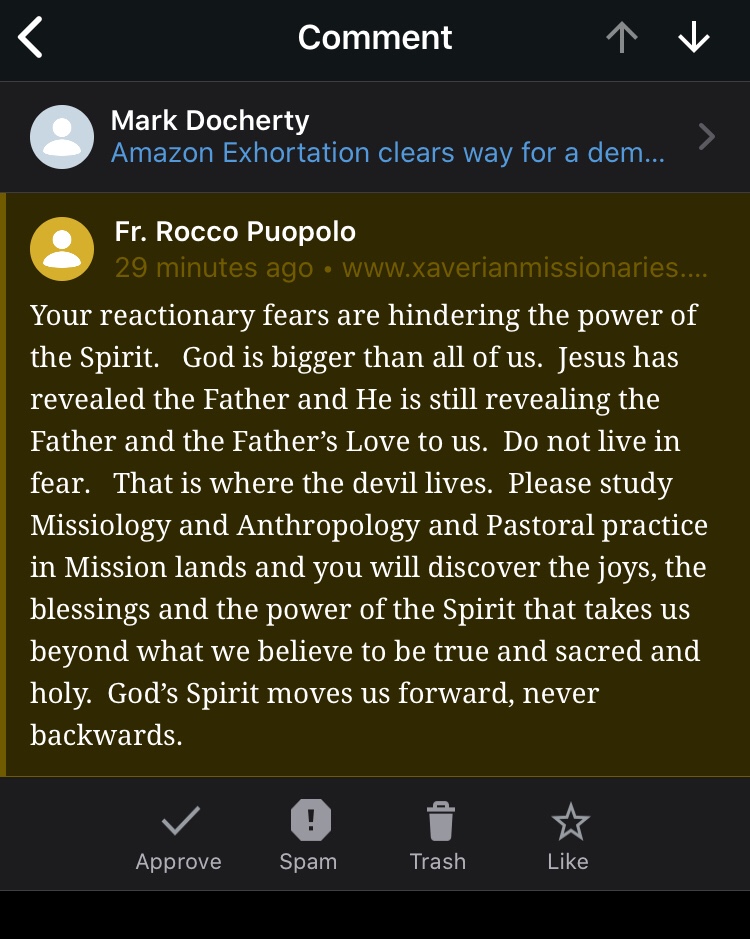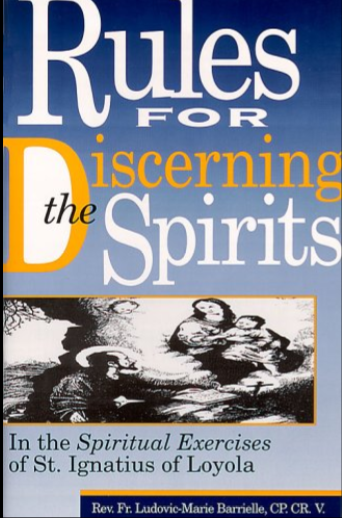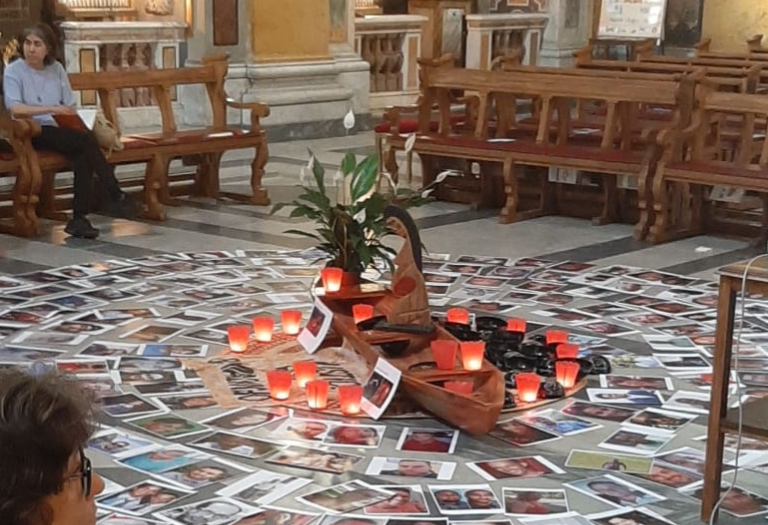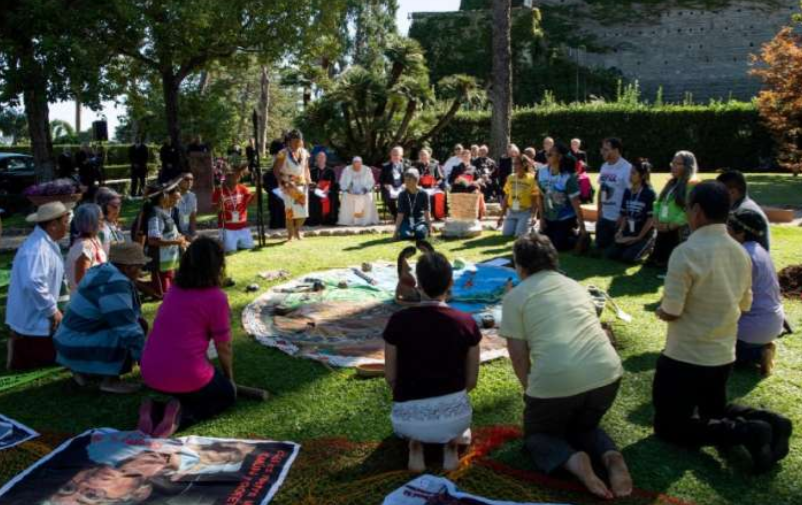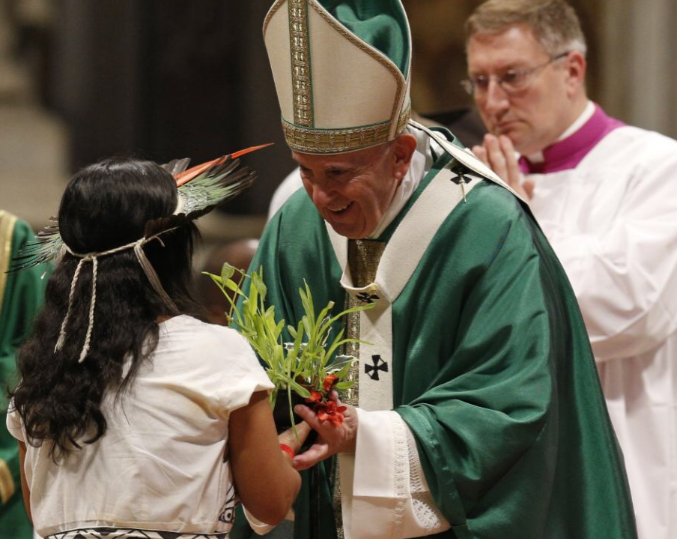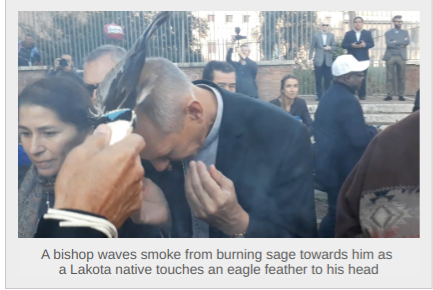Hey! Remember that time when a bunch of Latinists/canonists/theologians publicly called out the invalidity of Benedict’s “resignation” within DAYS of him pronouncing it? Yep.
Take the time. Read it all.
Don’t be intimidated, be thorough. The truth is never, ever, something to be afraid of.
Truth bomb: There were highly prominent canonists/theologians raising a stink about Benedict’s “resignation” WITHIN DAYS of it taking place. Not in 2017, not 2016, but within mere hours of his Declaratio being written and read out in Latin (and then mistranslated into several other languages).
Were you aware of that? Well, it’s true: Classically trained, professional canonists and theologians called BS right away, and you are about to read all about it. Here are just a few names:
- Manuel Jesus Arroba, a professor of canon law at the Pontifical Lateran University
- “Leading light of canon law” and former rector of the Pontifical Gregorian University, the Jesuit Gianfranco Ghirlanda
- Valerio Gigliotti, professor of the history of European law at the University of Torino
- Fr. Stefano Violi, professor of law at the theological faculty of Emilia Romagna
I am pasting here a large chunk of Sandro Magister’s blog post from 15 September 2014, because it contains all the relevant links for you to click and investigate the original works of these canonists and why they came to the conclusion that they did. Don’t be lazy; click on the links!
One last note. If you’ve read Pope Benedict’s address from his last (so far) General Audience, 27 February 2013, HERE you know that he called himself out for what he was doing. He called it a “novelty.” That’s a big no no, kiddos, and it’s not like he didn’t know it.
“I have asked God insistently in prayer to grant me his light and to help me make the right decision, not for my own good, but for the good of the Church. I have taken this step with full awareness of its gravity and even its novelty“
It was immediately after this paragraph that he launched into his “Always and Forever” discourse, reflecting his apparent belief that popes can’t really resign, once pope always pope, the very idea that +Ganswein expounded upon in his speech at the Greg in May 2016:
“The “always” is also a “forever” – there can no longer be a return to the private sphere. My decision to resign the active exercise of the ministry does not revoke this…I am not abandoning the cross, but remaining in a new way at the side of the crucified Lord. I no longer bear the power of office for the governance of the Church, but in the service of prayer I remain, so to speak, in the enclosure of Saint Peter.”
Anyway, here is the Magister post. CLICK THE LINKS AND LEARN!
Reigning and “Emeritus.” The Enigma of the Two Popes
It is an unprecedented innovation in the history of the Church. With many unknowns still unresolved, and with serious risks already in play. An analysis by Roberto de Mattei
by Sandro Magister

ROME, September 15, 2014 – That the figure of “pope emeritus” is an unprecedented innovation in the history of the Church, “instituted” by Benedict XVI himself in his act of resignation, has been recognized by Pope Francis himself, during the press conference on the airplane that brought him back from Korea to Rome last August I8.
This does not change the fact that from both the juridical and the doctrinal point of view it is by no means established that this new figure in the Catholic hierarchy has any real foundation. “Time will tell if it is right or wrong, we shall see,” Francis said prudently, although he is personally an enthusiast of the innovation.
Among theologians and canonists, in fact, the viewpoints continue to be highly discordant.
Just two days after the announcement of the abdication, Manuel Jesus Arroba, a professor of canon law at the Pontifical Lateran University, warned against the use of the title: “Juridically there is only one pope. A ‘pope emeritus’ cannot exist.”
But it was above all a leading light of canon law and former rector of the Pontifical Gregorian University, the Jesuit Gianfranco Ghirlanda, who refuted the legitimacy of the figure of “pope emeritus” in a long and thoroughly substantiated article published on March 2, 2013 in “La Civiltà Cattolica” and therefore – as for all the articles of this magazine – printed after review and authorization by the Vatican secretariat of state:
> Cessazione dall’ufficio di Romano Pontefice
At the end of his article, Fr. Ghirlanda drew this conclusion:
“To deal at some length with the question of the relationship between the acceptance of legitimate election and episcopal consecration, and therefore of the origin of the authority of the Roman pontiff, has been necessary precisely in order to understand more deeply that the one who ceases from the pontifical ministry not because of death, although evidently remaining bishop is pope no longer, in that he loses all of the authority of primacy, because this did not come to him from episcopal consecration, but directly from Christ through the acceptance of legitimate election.”
And he therefore ruled out the notionthat the one resigning could continue to use the name of “pope,” even as emeritus:
“It is evident that the pope who has resigned is no longer pope, and therefore no longer has any authority in the Church and cannot interfere in any matter of governance. One might wonder what title Benedict XVI will retain. We think that he should be given the title of bishop emeritus of Rome, like any other diocesan bishop who steps down.”
Afterward, however, it was Ratzinger himself who took the title of “pope emeritus” and in a certain sense retained the trappings by continuing to wear the white cassock.
He enigmatically anticipated the meaning of this decision in the last of his general audiences as pope, on February 27, 2013, the eve of his effective abdication:
“Anyone who accepts the Petrine ministry no longer has any private dimension. […] My decision to resign the active exercise of the ministry does not revoke this. I do not return to private life, to a life of travel, meetings, receptions, conferences, and so on. I am not abandoning the cross, but remaining in a new way at the side of the crucified Lord. I no longer bear the power of office for the governance of the Church, but in the service of prayer I remain, so to speak, in the enclosure of Saint Peter.”
(In other words, he attempted to split off or delegate the power of governance, while retaining the office itself.)
There are those who remember that Pius XII, when he prepared his letter of resignation that would go into effect in the event that the Germans should come to arrest him, said to his closest collaborators: “When the Germans cross that line, they will find not the pope, but Cardinal Pacelli.”
But this was not at all the case for Benedict XVI. In resigning, he had no thought of being able to go back to being “Cardinal Ratzinger.” It was and is his firm conviction that there is something of his election as pope that remains “forever.”
And this is what some scholars have been trying to identify and justify.
Like Valerio Gigliotti, a professor of the history of European law at the University of Torino, in the book “La tiara deposta,” which http://www.chiesa covered last April:
> The Pope’s Third Embodiment
Or like Fr. Stefano Violi, a professor of law at the theological faculty of Emilia Romagna, in an article in the “Rivista Teologica di Lugano”:
> La rinuncia di Benedetto XVI. Tra storia, diritto e coscienza
According to Violi, in abdicating Benedict XVI indeed left the active exercise of the Petrine ministry, but not the office, the “munus” of the papacy, inalienable precisely because it was entrusted to him forever with his election as bishop of Rome and successor of Peter.
Those who know Ratzinger know that he would never subscribe to such a splitting of the papal office, which in his judgment can be only accepted or rejected as a whole.
But he has never said anything to clarify what he sees as the nature of his being “pope emeritus” even after the abdication.
The adjective “emeritus,” borrowed from bishops who have resigned, is of no help in understanding.
A bishop remains bishop forever, by virtue of the indelible character of the sacrament of orders, even after he no longer governs any diocese.
And a successor of Peter also remains bishop forever, after his resignation. But how can he still remain “pope,” after he has renounced all, not only a part, of what constitutes the specifically Petrine?
This silence of Ratzinger gives free rein not only to doctrinal conjectures that he certainly does not share – like the invention of an indelible “character” impressed by election as pope, as if it were a sacramental act – but also to the disorientation of not a few of the faithful, tempted to maintain that there can be two popes in the Catholic Church – perhaps on different levels, but still more than one – and to take sides for one against the other.
Full post is HERE. Be warned, it’s about 3500 words.

